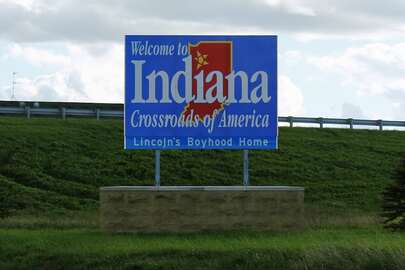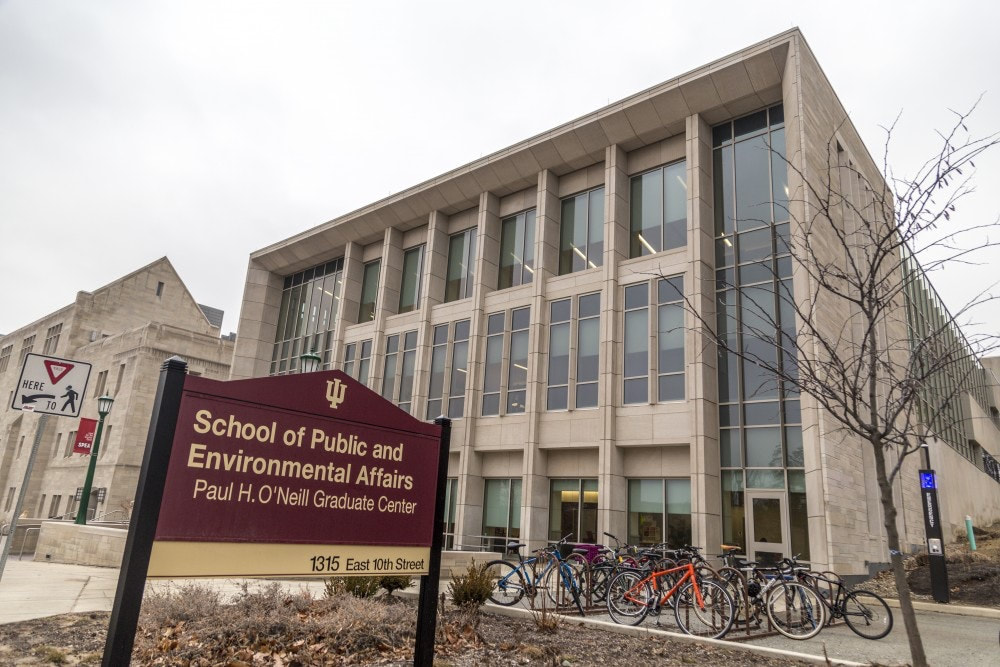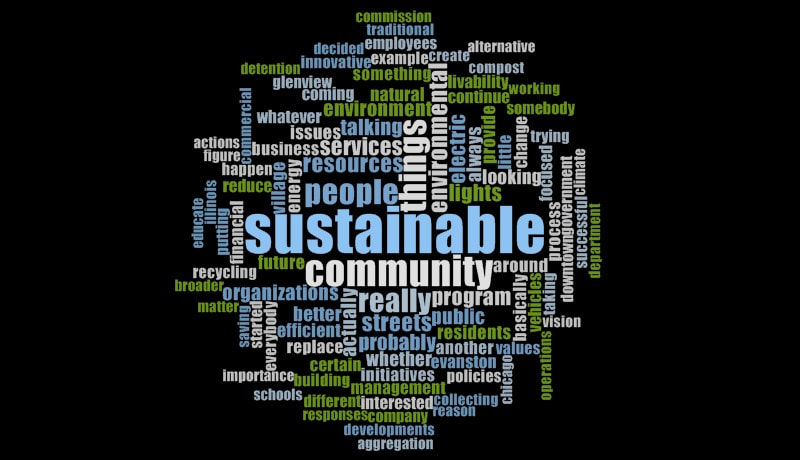 Institutions are the rules, norms or conventions which bind collective human activities, structure interactions between people and organizations, and provide the incentives for behavior. This is a typical academic definition of a concept which I have spent years researching and trying to relate to the broader world occupied by non-academics (i.e., public managers, students, media, consumers and producers of government services). Institutions matter. Just ask the FBI. Or, the International City/County Management Association. Or any lawyer. But they are a difficult topic to quantify, model and relate to practice. I used to be a political reporter covering state legislatures and governors. Every day, my editor would bust my chops about making arcane Capitol processes and conflict meaningful for a general audience. I have a similar frustration in academia. So, I guess this is my manifesto to try and do better. Starting this fall, I am re-organizing my research agenda along some lines which have been percolating in my head for several years. I am starting a new job at Indiana University and standing up a research lab organized around the analysis and synthesis of institutional and behavioral change over time. I’m calling the lab the Metropolitan Governance and Management Transitions (MGMT) Lab, and I’m seeding it with some funding from a National Science Foundation grant and a few other sources (hopefully many more in the future). The MGMT Lab will strive to advance our understanding of the drivers and barriers of local government transitions toward more sustainable development and resource management. I know that sounds a bit amorphous. But, there is a lot of nuance and complexity involved in the arena of urban sustainability. There are environmental issues, equity issues and economic issues. Scholars can spend their entire careers at the macro-, meso- or micro-levels of analysis. I want to do work that scales up and down. I am particularly interested in mid-sized and smallish communities which don’t have the resources of a Chicago or New York to hire chief data officers, create sustainability offices, or develop their own mini-Paris Accord climate-action plans. There are many wonderful academic research labs on universities devoted to advancing our theoretical understanding of local governance and sustainability. Rather than organizing this lab around a particular theoretical framework, it will be focused on advancing understanding of how communities a) formulate long-term sustainability strategies; b) develop the capacities to carry them out; and c) assess and improve performance. Think of it as a social science research station, in which the dynamism and experiences of local governments are studied over time. The actual research will involve a combination of sequential and embedded mixed-methods research designs that include collecting text-based data on local planning efforts, survey and interview data on management capacities and routines, case studies to strengthen causal inference, and survey experiments to test behavioral applications. Academic research has a lot to offer communities which fall along the entire spectrum of sustainability: those attempting to formulate long-term sustainability and resiliency strategies; those attempting to develop resources for implementation; and those attempting to track their progress and make adjustments. But to do so, I need to build collaborative partnerships and engage as many stakeholders as possible. For instance, two IU-based centers have agreed to be collaborative partners to this future work (once it’s funded): the IU Center for Rural Engagement, which collaborates with Indiana communities on pressing challenges; and the IU Environmental Resilience Institute, which develops forecasts, strategies and communication methods to enhance environmental resilience. Over time, the MGMT Lab will build infrastructure for future research by developing a comprehensive database of variables generated across the three phases. This dataset will facilitate predictive modeling and will be scalable for other states. Students will train in both qualitative and quantitative analysis. Research efforts and findings will be incorporated as learning modules into local government management classes. Down the road, community workshops, outreach and webinars will be in the works. I’m excited about the potential for this work, but I am also cognizant that this is a learning process. Hopefully, the fruits will be concrete policy prescriptions which can help struggling communities adapt and thrive in a rapidly changing world. In the meantime, feel free to reach out with any recommendations, concerns, opportunities: [email protected]
4 Comments
3/31/2023 10:50:45 am
I love all your blog articles, It’s especially helpful for people starting out, like me! It’s nice to have a blog to follow that’s so informative. PCS Prostaff provides a wide range of HR Support Services. Allow our HR professionals to deal with your issues and challenges so you can make your business thrive. Contact us today at (866) 413-4103!
Reply
3/31/2023 11:10:38 am
I love all your blog articles, It’s especially helpful for people starting out, like me! It’s nice to have a blog to follow that’s so informative. At PCS Safety, Inc., we feel that Cal OSHA would much rather let employers take time to hire a good health and safety consultant. The highly experienced professional consultant must know what the standards are and how these standards are being enforced in the field. Call us today at (866) 413-4103!
Reply
Leave a Reply. |
AuthorI work as an Assistant Professor at the O'Neill School of Public and Environmental Affairs at Indiana University Bloomington. There, I direct the MGMT Lab. Archives
January 2023
Categories |


 RSS Feed
RSS Feed
